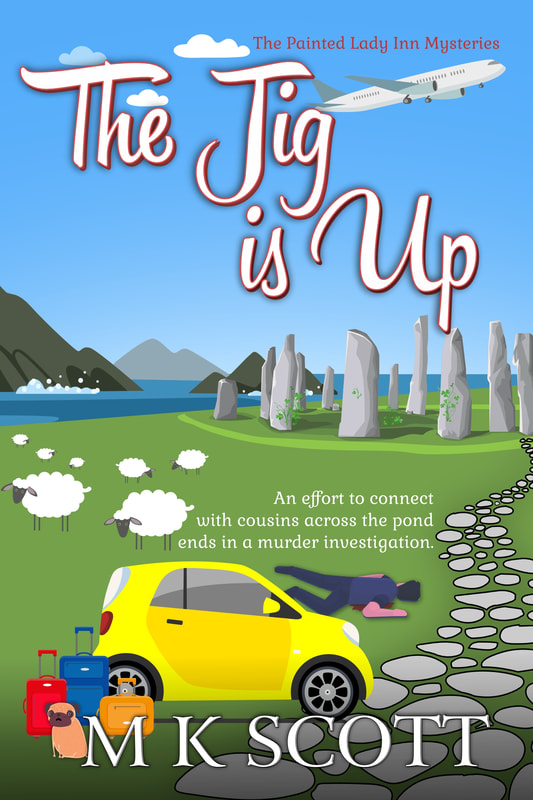Most people would agree that reading matters, at least in theory. American’s literacy rate is slipping at an alarming rate and the governmental response is to impose more testing. We now know 14 percent of the adult population that isn’t in school can’t read. Of those who can read around 21 percent read under a 5th grade level, which means they can’t read a newspaper or basic work related instruction. Some high school graduates can’t even read their diploma. There are 19 percent of high school students who can’t read. I met one of those students my first year of teaching.
The student in my ninth-grade class I suspected who couldn’t read was a very large boy that the football coach wanted on the team. The coach brokered a deal with me to get the kid eligible to play. I agreed to work with Hansel, tutoring him to reach at least D level. Because of size, he’d always been passed through school never really learning anything. Once I figured out he couldn’t read, and I did give him several chances, even handing him sports related magazines he wanted to read, only to have him ask other students to read it to him.
I called in his parents to suggest an intensive reading course after school. Good deal, right? No. They hit the roof, pulled him out of my class, and had him placed in another teacher’s class who didn’t care if he could read or not. He wasn’t my first non-reader at the high school level. Most of the non-readers resorted in acting out, pretending to be sick, going to the bathroom, or feigning sleep to get out of reading. Others simply skipped school.
So why does reading matter? It will help you get a job when you get out of school. The benefits of reading start much earlier. My mother taught me to read when I was four, which is common with writers. Once exposed to the world of reading, imagination took flight.
Reading allows children to self-entertain. They tend to be less bored. It also increases their ability to focus and remember. When my daughter started school, her teacher asked every parent if they had books in the home. A nearby neighbor told the teacher they didn’t have a single book in the home, which was probably true, but they did have a television as big as a small movie theatre screen. Eventually, I had my daughter quit playing with the girl because she tended to be a bully. Reading teaches empathy, which that girl appeared not to have.
Reading calms us down and makes us less irritable, which might explain the magazines in the various waiting rooms. As an entertainment option, reading is cheap. It usually takes me two weeks to finish a book reading a little bit a night. Compare that to seeing several movies or going to a theme park.
If you read while working out, you’ll exercise longer. (I can listen to audio books while on the treadmill, but I haven’t mastered the paperback.) Reading introduces you to new concepts and enlarges your vocabulary. It helps keep your brain agile. The list goes on and on.
I’ve switched to working with the very young children and I noticed with readers, they’re more confident, happier, and more willing to assist other students. Still, very few of my students are now readers despite the government mandating reading at a younger age. Instead, they want to play games on the iPad on pretend to talk on the cellphone.
I’ve even heard kids mimic their parents by saying, “Don’t bother me I’m on the phone.” When I ask the students what they do after school, the responses vary from attending an older sibling’s sports practice or game, attending gymnastics or karate, grabbing a fast food dinner, playing on the computer, or watching television. The lack of being read to or reading is obvious. Parents will even sign their child’s reading log when they haven’t read. Yeah, kids will rat out their parents every time.
The United States doesn’t even break into the top twenty-five literacy rate. Poorer countries such as Cuba and Poland have much higher literacy rates. Pay attention Department of Education and parents, reading must matter. You have to make time for it and value it. It improves every aspect of your life including public and social interaction.
Readers make better employees, more thoughtful spouses, and empathetic friends. When things get bad, a reader can vanish into a book as opposed to a drug-induced stupor. There is no downside to reading.
In Ray Bradbury’s iconic novel, Fahrenheit 451, the citizens couldn’t read and there were no books. Instead, the government fed them disinformation via a huge screen in their living quarters. Creative, independent thinking was forbidden. The Fahrenheit 451 hero learned books matter. It makes sense that reading should too.



 RSS Feed
RSS Feed
